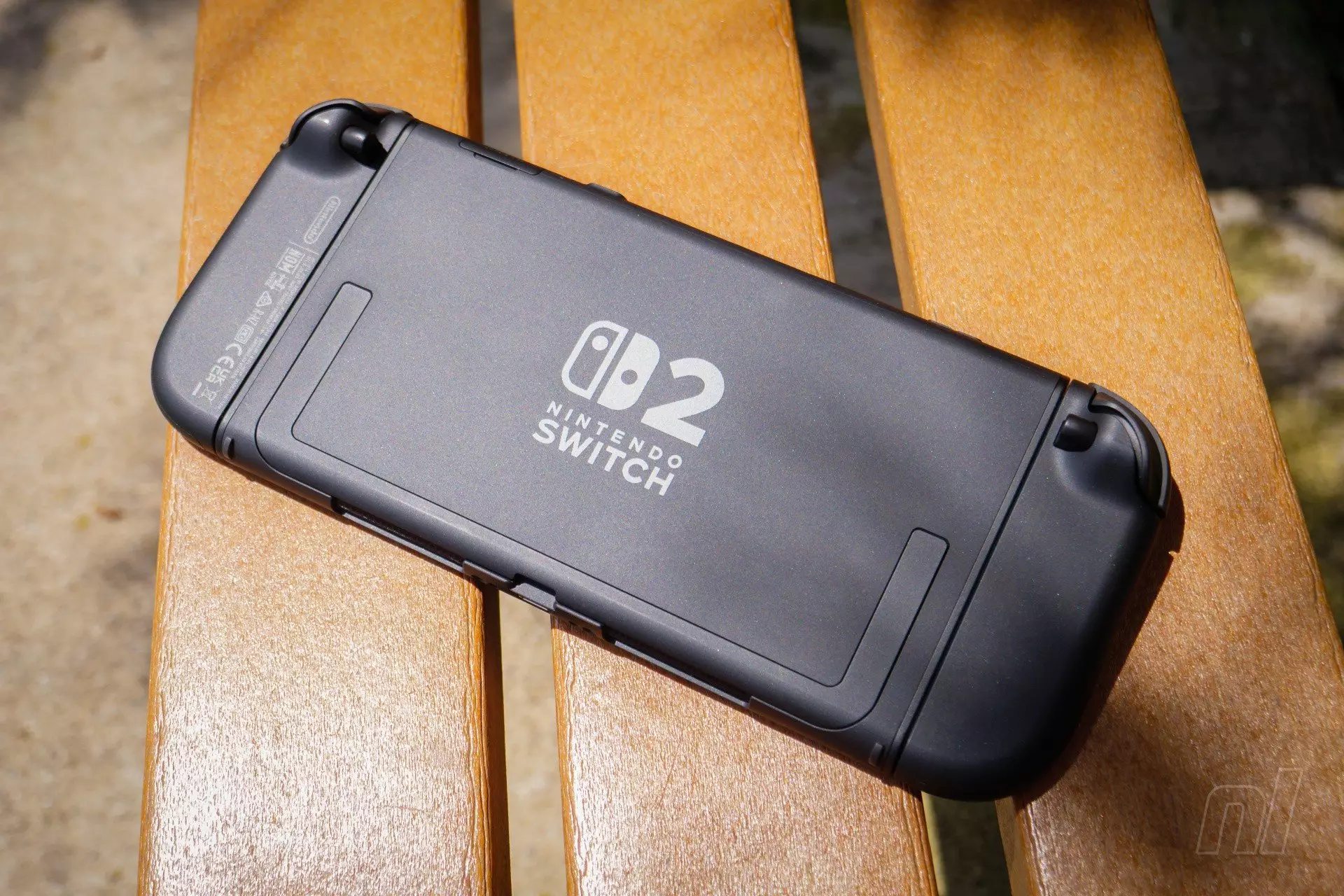Nintendo’s aggressive crackdown on piracy and unauthorized game copies has become increasingly apparent with the recent launch of the Switch 2. The company’s latest measures go beyond simple software enforcement; they now extend to hardware-level bans, creating a tense environment for secondhand buyers. When a console detects counterfeit or pirated game activity, it risks being permanently banned—an action that cuts off access to online services and game libraries. This approach signifies Nintendo’s unwavering commitment to protecting their intellectual property but also raises serious concerns for consumers who purchase used games or consoles.
The core issue stems from how Nintendo monitors game authenticity through unique security keys embedded in cartridges. When these keys are used repeatedly across multiple consoles—especially if manipulated via Flashcards like MiG—Nintendo can identify suspicious activity. This has dire consequences for the new owner, who might unknowingly purchase a legitimate-looking cartridge tainted by prior abuse. As the case shared by Reddit user dmathey illustrates, a secondhand Switch 2 can become subject to bans if Nintendo detects this kind of security anomaly, regardless of the current owner’s intent.
Implications for Secondhand Market and Consumer Vigilance
In light of Nintendo’s recent actions, buyers of used games or consoles must exercise heightened caution. The temptation to acquire bargain-priced titles on Facebook Marketplace or other secondhand platforms can lead to unintended complications. For instance, a seller might have previously used modified hardware or pirated copies, directly impacting the legitimacy of subsequent transactions. Even owning an authorized cartridge is not foolproof if it has been tampered with—some pirates rip data from cartridges and repurpose them using third-party tools, creating a minefield for unsuspecting consumers.
The real threat emerges when consoles are flagged due to the detection of these shared keys. Nintendo’s use of server-side registry logs and analytics means that a game or console with a suspicious history can trigger instant bans, making even legal ownership a gamble. To mitigate these risks, buyers should keep detailed records of their transactions—screenshots, receipts, and chat logs can be invaluable if their console gets flagged. While bans can sometimes be reversed through customer support—as evidenced by dmathey’s experience—the process is inconvenient and not guaranteed.
The Broader Battle: Nintendo’s War on Piracy and Its Cost to Honest Players
Nintendo’s relentless pursuit of combatting piracy might be justified from a business perspective, but it swiftly crosses into problematic territory when innocent consumers are caught in the crossfire. The harsh reality is that the crackdown impacts genuine buyers who simply want to enjoy Nintendo’s offerings without risking their hardware. The existence of bans based on game data, whether legitimate or otherwise, fosters an environment of suspicion and paranoia among gamers—particularly secondhand shoppers.
The question remains whether Nintendo’s policy is sustainable or excessively punitive. While the company has every right to defend its intellectual property, the collateral damage inflicted on honest users raises ethical concerns. Are we moving towards a gaming ecosystem where ownership is constantly scrutinized and penalized? For now, gamers must remain vigilant, document their transactions thoroughly, and be prepared for the possibility of dealing with bans or other restrictions. Nintendo’s evolving stance signifies a new era of hardware security—one that, unfortunately, seems to prioritize enforcement over user experience.

